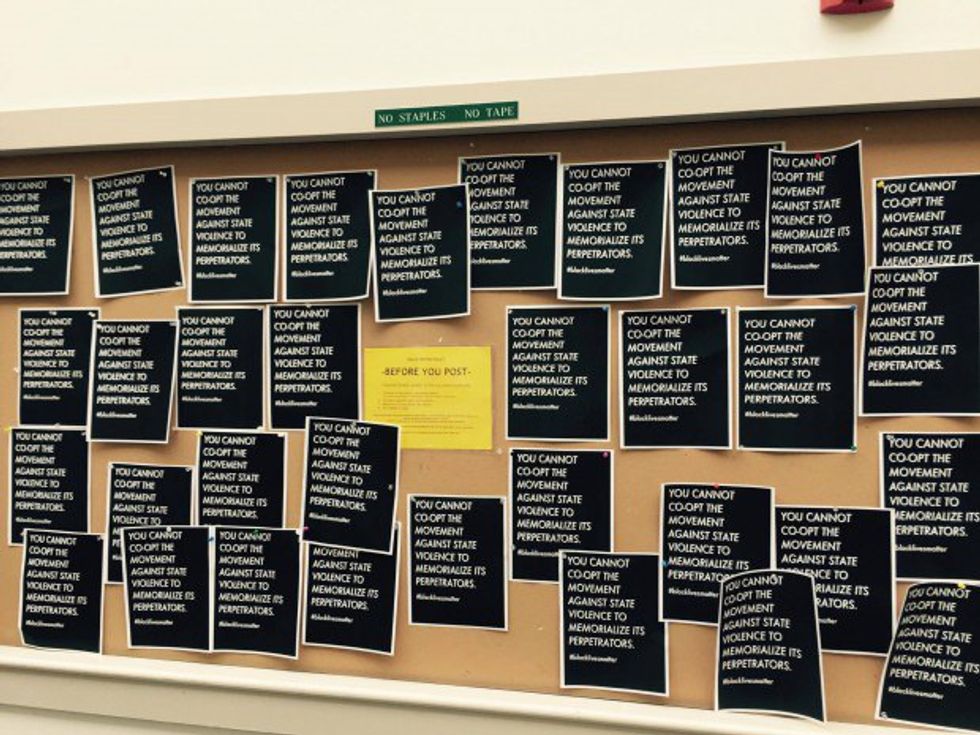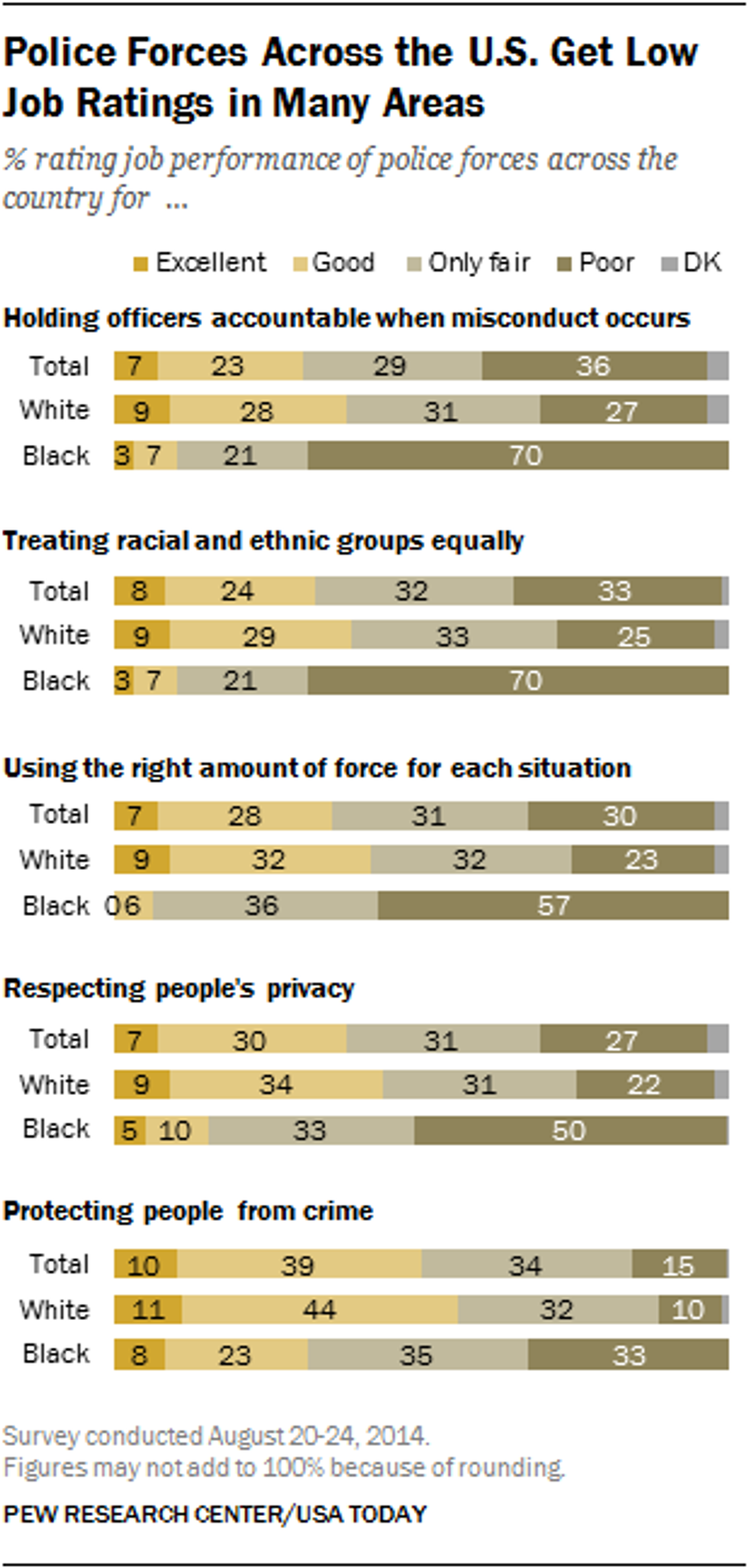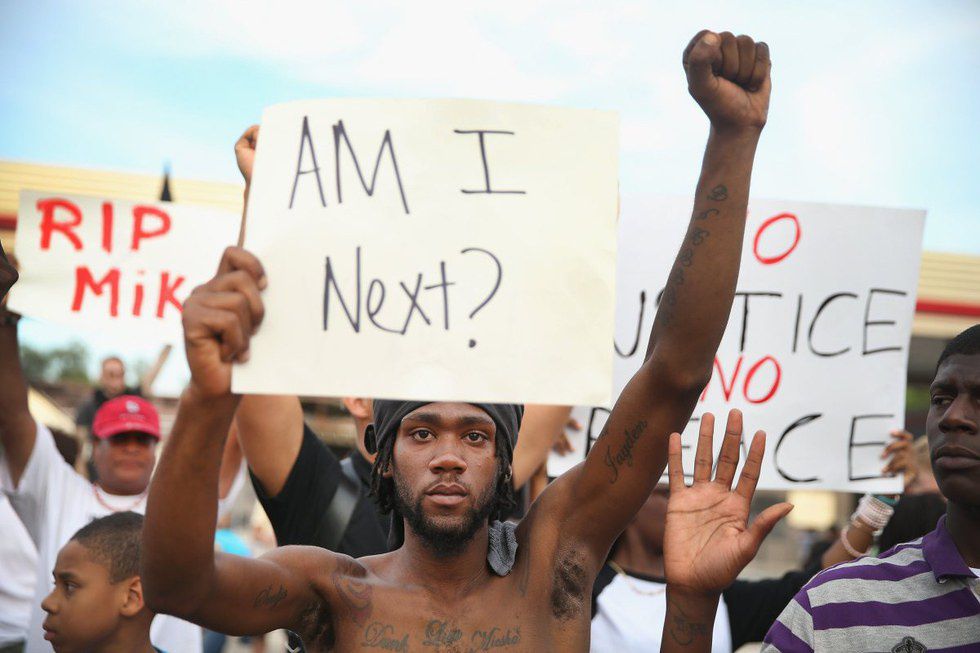A recent Blue Lives Matter display by Republican students for National Police Week at Dartmouth College was removed and replaced with Black Lives Matter posters, sparking a lot of discussion about the two movements. In reference to the removal of the display, one of the Black Lives Matter activists, Mikala Williams, stated, "It was taken down by students and replaced because it actively co-opted a movement that is supposed to comment on police brutality against black individuals in this country. It took that and by framing that as 'Blue Lives Matter,' it normalizes and naturalizes violence against people of color in this country. And that is not okay. That is in no way okay."
The College Republicans wrote the following e-mail to Dartmouth's president and Board of Trustees in response to the incident;
"All we ask is that the protections and freedoms of self-expression afforded to other student organizations be extended to us. We do not see the Black Lives Matter and Blue Lives Matter movements as mutually exclusive... It is possible to recognize the service and contributions of law enforcement officers while simultaneously pushing for reform to correct the grave mistakes of the small minority of officers. On National Law Enforcement Appreciation Week, we just hoped to highlight the monumental sacrifices made by these officers to protect us everyday."
This incident at Dartmouth College has caused a re-emergence of misconceptions about Black Lives Matter. Contrary to what many Americans believe, Black Lives Matter is not an attack on police officers, but rather the growing police violence against black Americans and other minorities. Police brutality is an issue black Americans have faced for decades. Tensions with law enforcement even started long before the Civil Rights Movement during the 1960s as a result of Jim Crow laws, the lasting effects of slavery, and racial profiling.
Even today, an unproportional number of blacks are targeted by police. In 2015, black men were nine times more likely to be killed by police than white men. In the same year, 1,134 young black men were killed by law enforcement officers (for more perspective, black men between the ages of 15-34 years make up 2 percent of the total U.S. population, but account for over 15 percent of all deaths logged in 2015).
Black Americans (and young black men especially) are increasingly more likely to be labeled as "thugs" or "criminals," labels that are used to justify deadly shootings and the deaths of black men. After the Baltimore riots (a response to the death of Freddie Gray while in police custody), NPR aired a discussion on the word "thug" between host Melissa Block and Columbia University English professor John McWhorter. Block says, "It is a sly way of saying there go those black people ruining things again. And so anybody who wonders whether thug is becoming the new N-word doesn't need to. It most certainly is." Block and McWhorter are not the first to notice the difference in terminology when covering white rioters and black "thugs."
As a result of this treatment by the police, there is a deep distrust of law enforcement among blacks, especially when compared to whites. The data collected below shows a substantial difference between the level of confidence blacks and whites have for the police.
A recent task force investigating racism within the Chicago Police Department, the second-largest metropolitan force in the U.S. behind the New York City Police Department, found the department plagued by systematic racism. For example, whites, blacks, and Hispanics each make up approximately 33 percent of Chicago's population, but 74 percent of the people shot by the CPD between 2008 and 2015 were black. There were significantly more blacks shot in Chicago during these years than whites, which indicates an underlying racial problem. The task force made over 100 specific recommendation to address the racial discrepancies within the police force.
Black Lives Matter was founded by Alicia Garza, Opal Tometi, and Patrisse Cullors in response to the 2012 shooting of Trayvon Martin by George Zimmerman. The movement quickly transformed into a platform for black Americans to respond to and combat racism within the U.S. law enforcement. The movement is not claiming all officers are racist, but rather aims to address the institutional racism still embedded in our criminal justice system from decades ago.
While police officers should be celebrated and thanked for their dedicated service, Blue Lives Matter (and All Lives Matter, another counter trend) appears to negate Black Lives Matter more than it supports the police. You can support the police while still recognizing its general mistreatment of minorities. Black Lives Matter isn't arguing that other lives don't matter, but right now the conversation is about black lives.






















